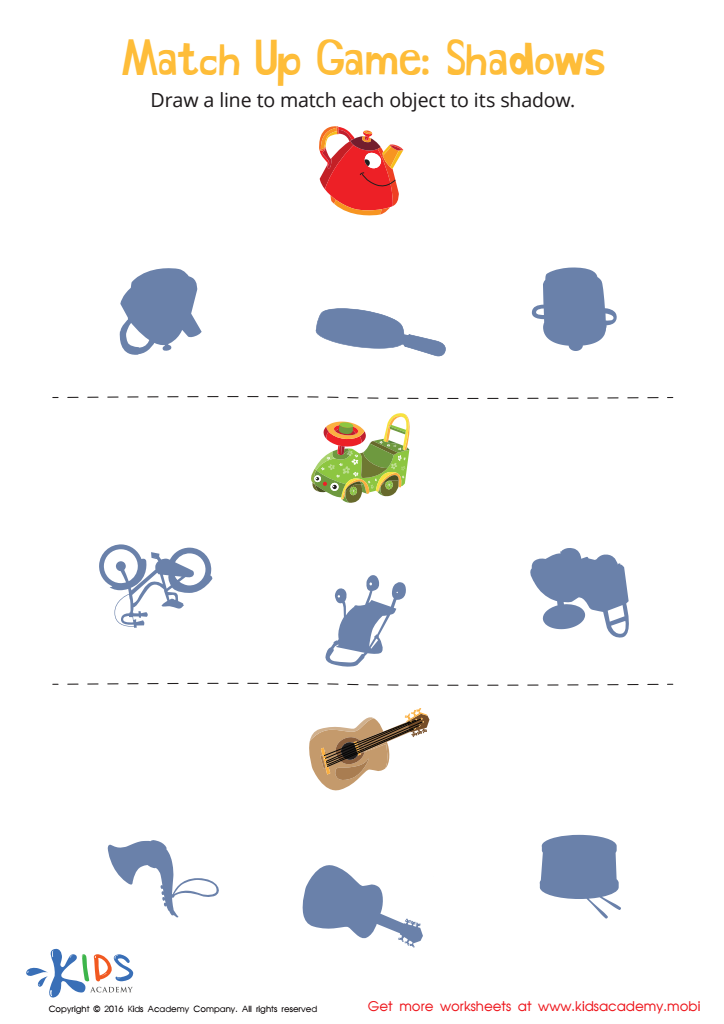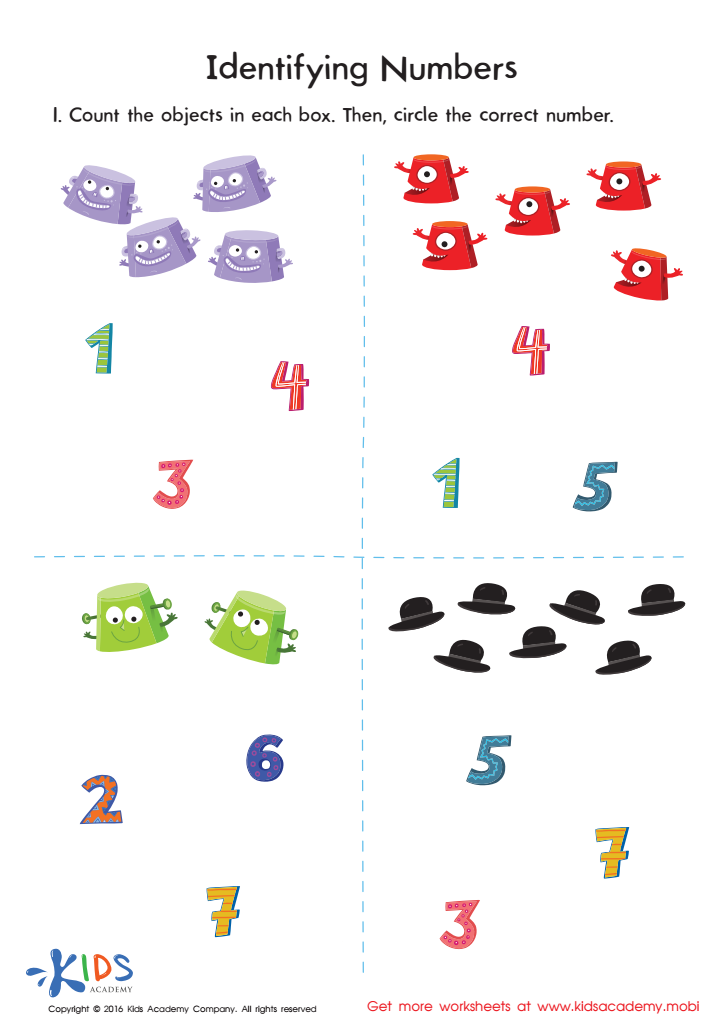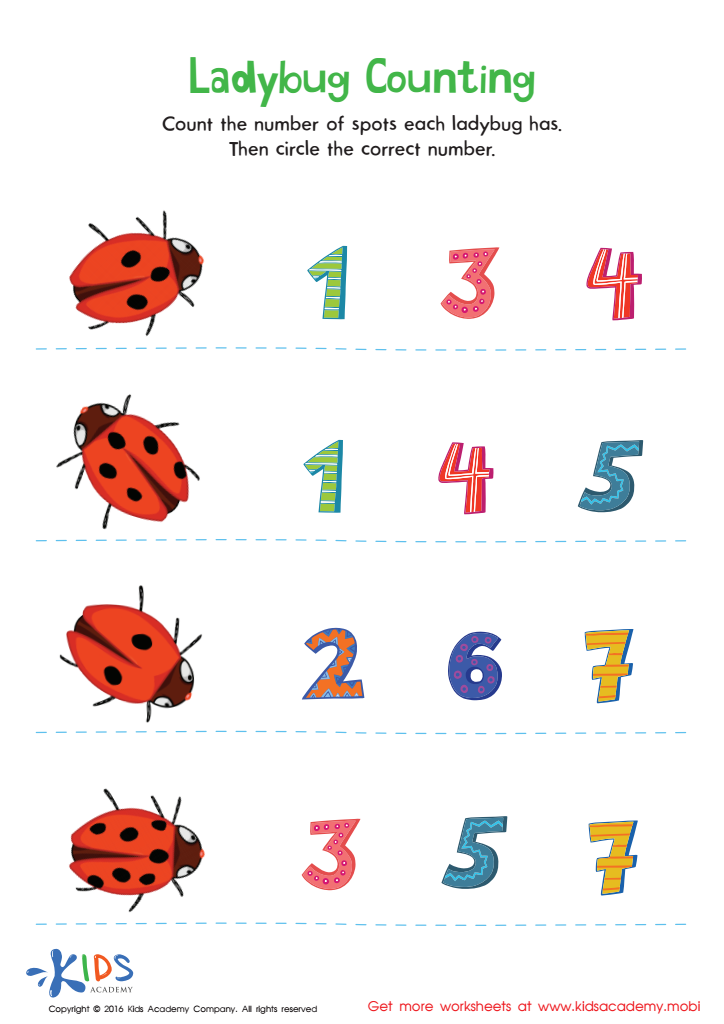Extra Challenge Matching Worksheets for Ages 3-6
28 filtered results
-
From - To
Introduce extra challenge to your child's learning with our "Extra Challenge Matching Worksheets for Ages 3-6." These engaging worksheets are designed to enhance critical thinking, problem-solving, and fine motor skills in preschoolers and early learners. Tailored for ages 3 to 6, our worksheets—crafted by experienced educators—feature fun yet challenging activities that make learning an exciting adventure. With a focus on math and pattern recognition, these printables keep young minds active while practicing essential skills. Ideal for both classroom use and home learning, our collection ensures your little one is continually progressing. Elevate your child’s learning journey today!
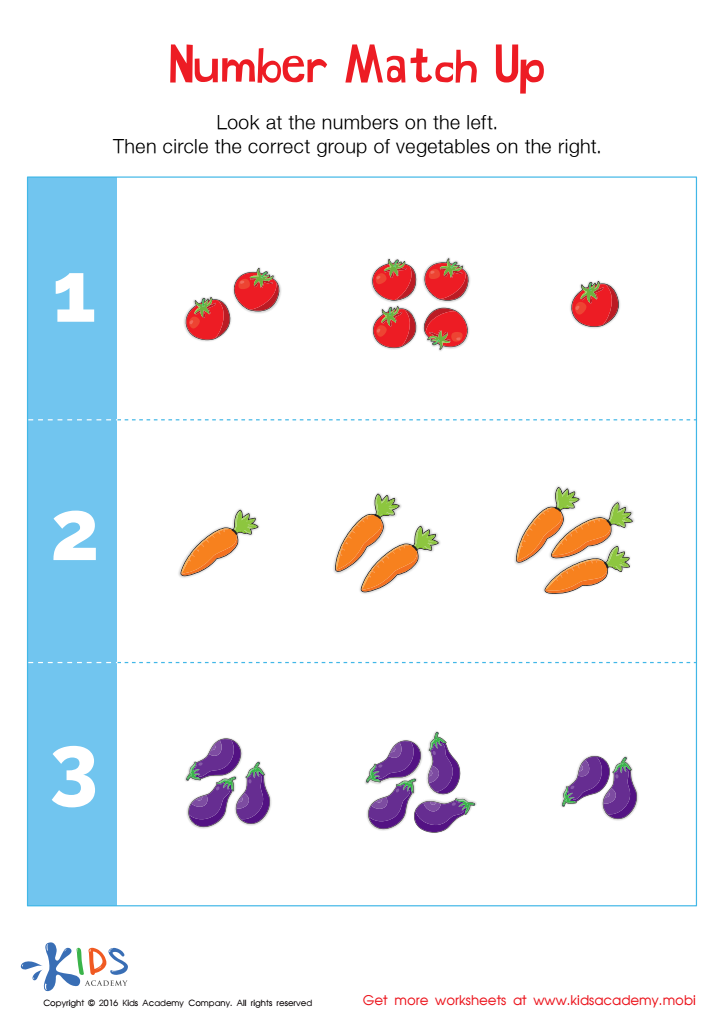

Number Match Up Worksheet
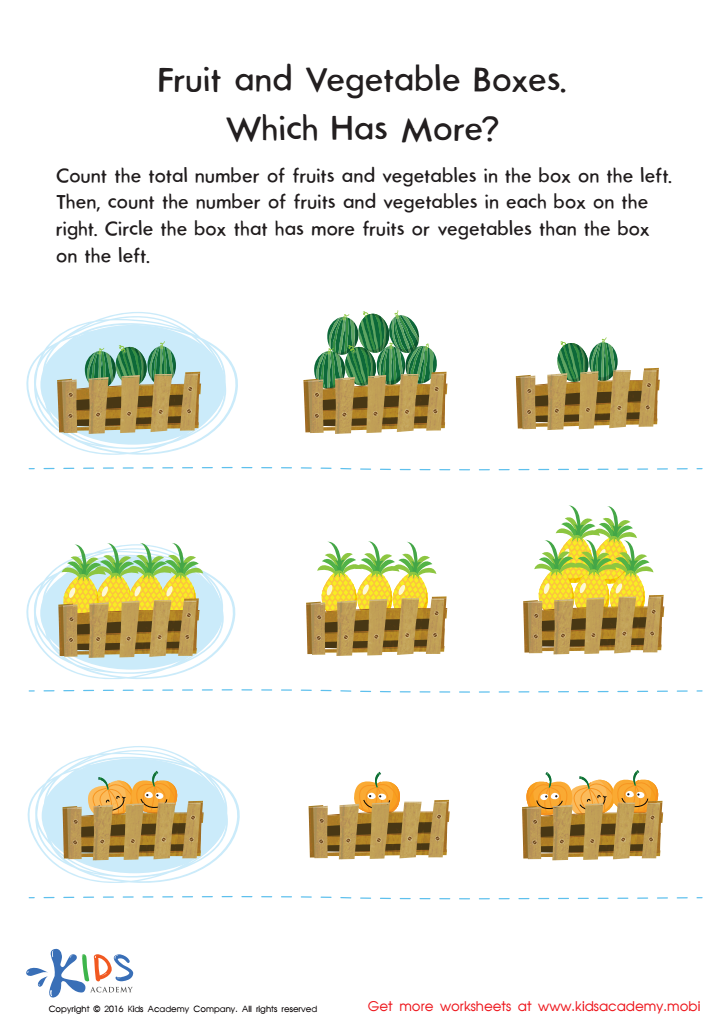

Which Has More? Size Worksheet
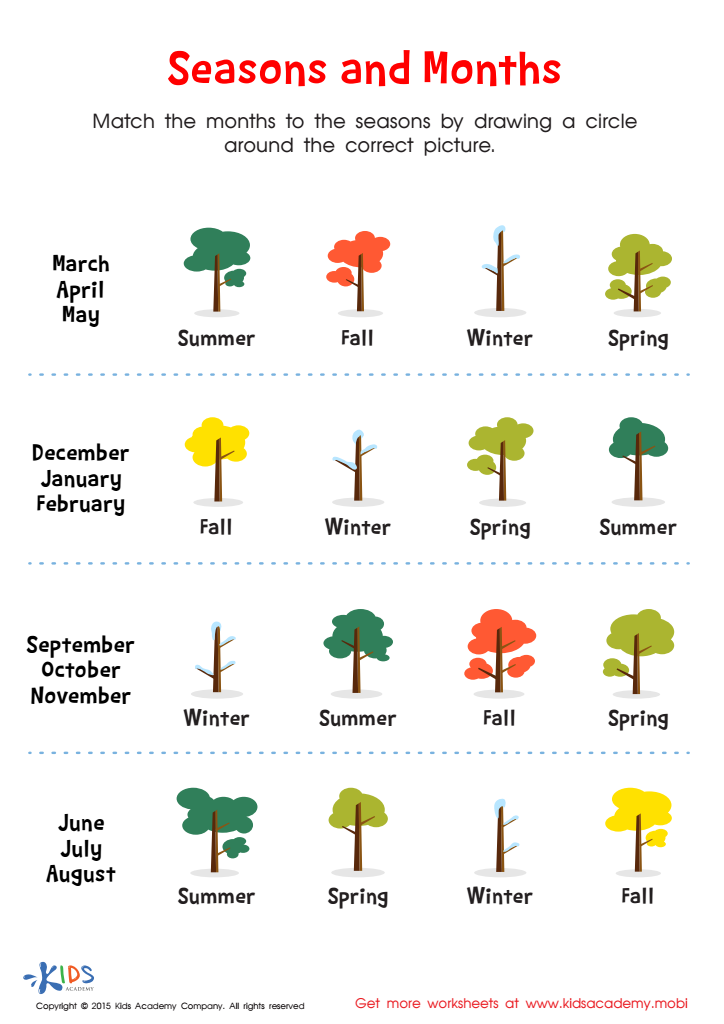

Seasons and Months Worksheet
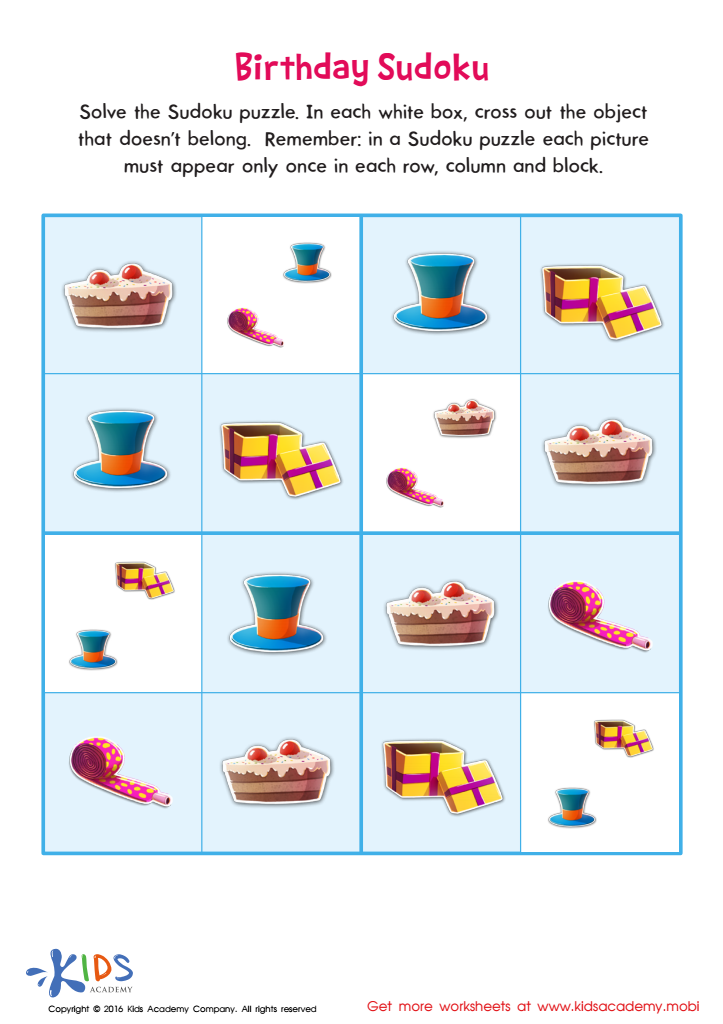

Birthday Sudoku Sorting Worksheet
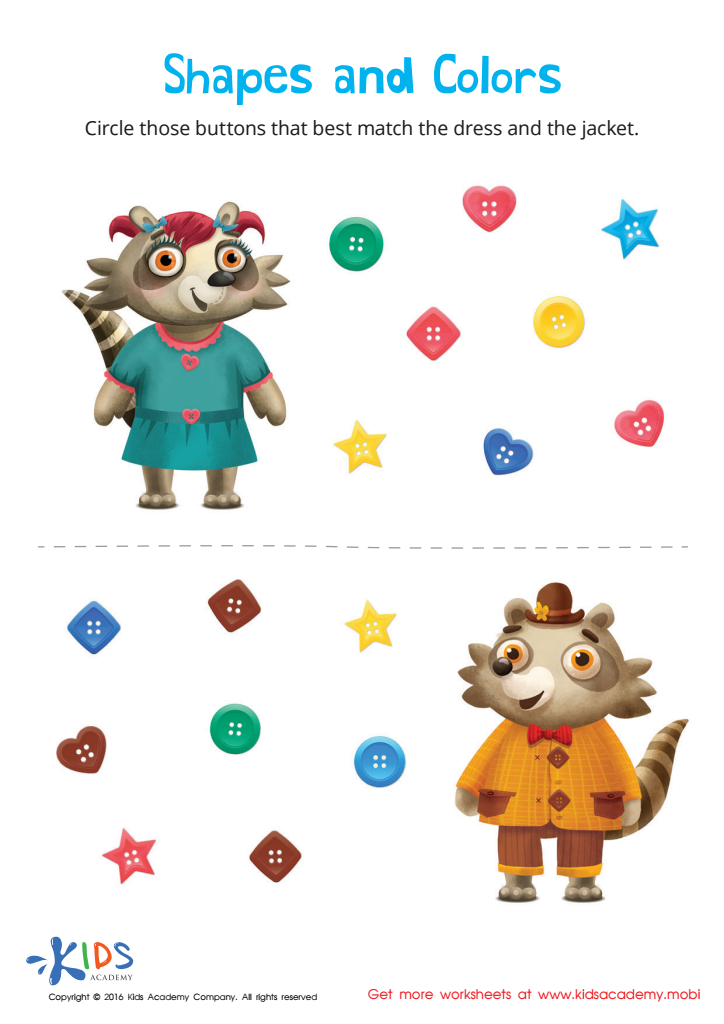

Matching: Shapes and Colors Worksheet
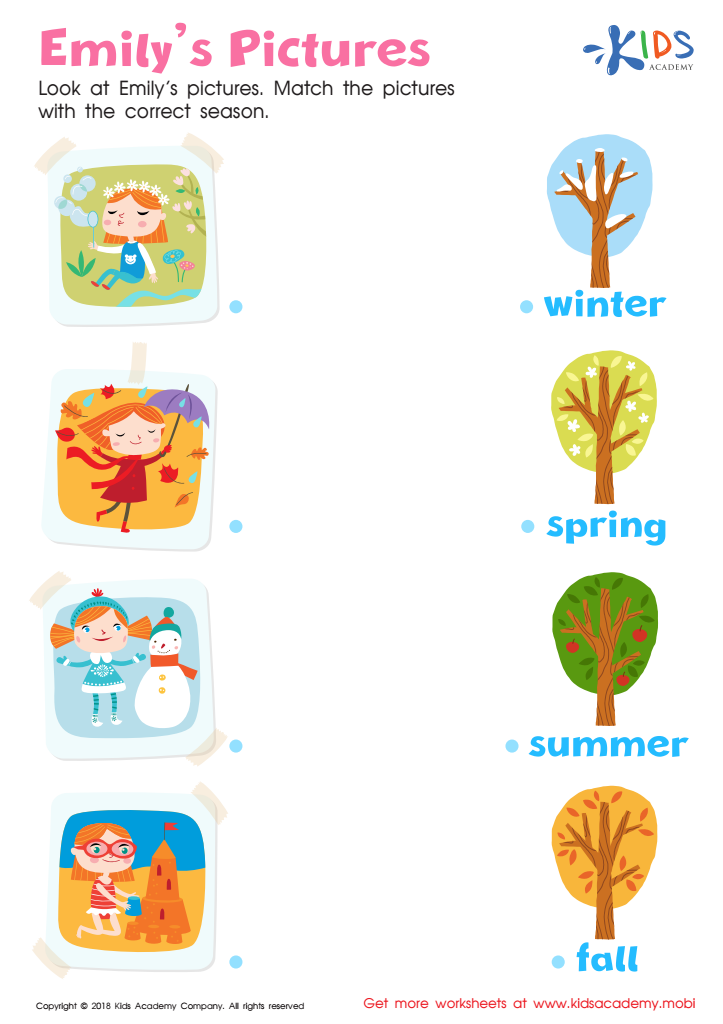

Emily's Pictures Worksheet
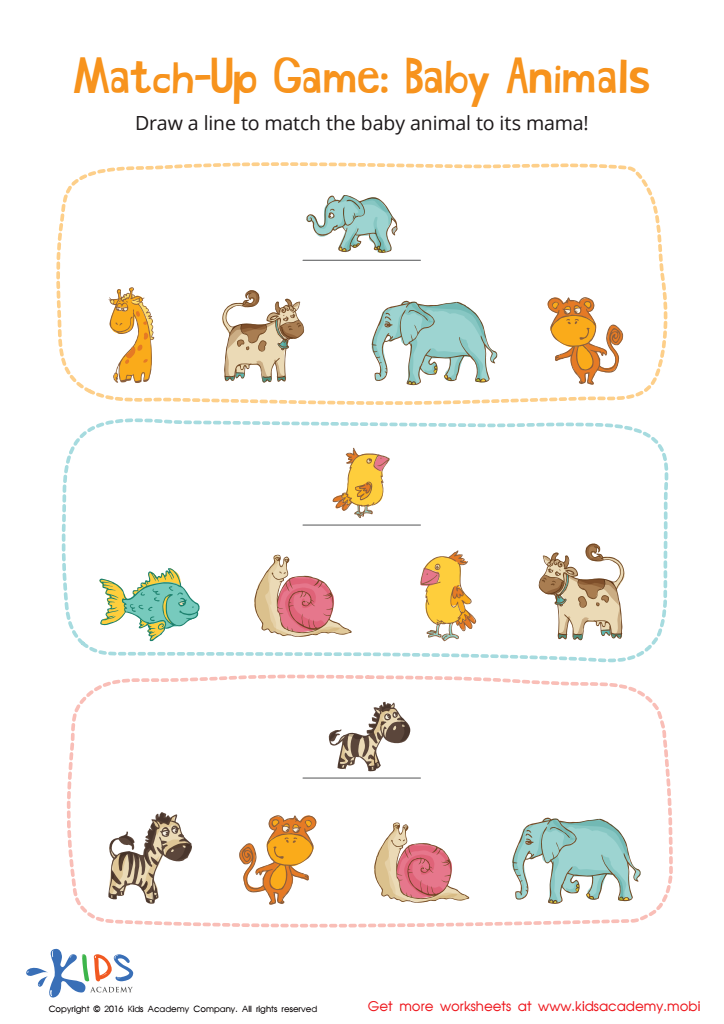

Baby Animals Match-Up Worksheet
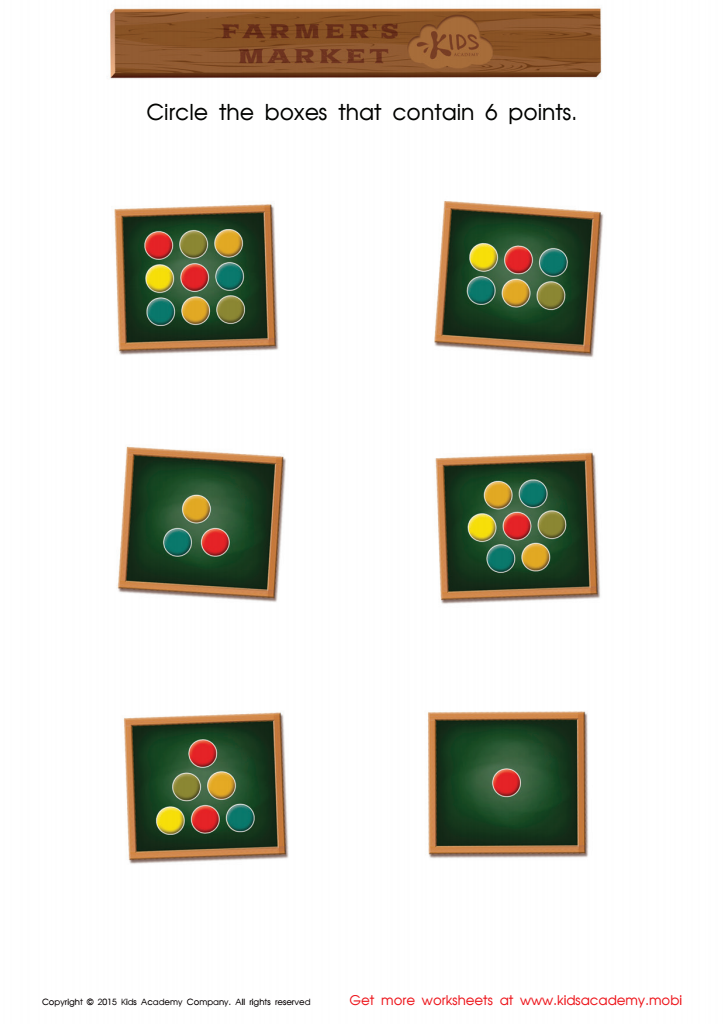

Count and Match Points 6 Math Worksheet
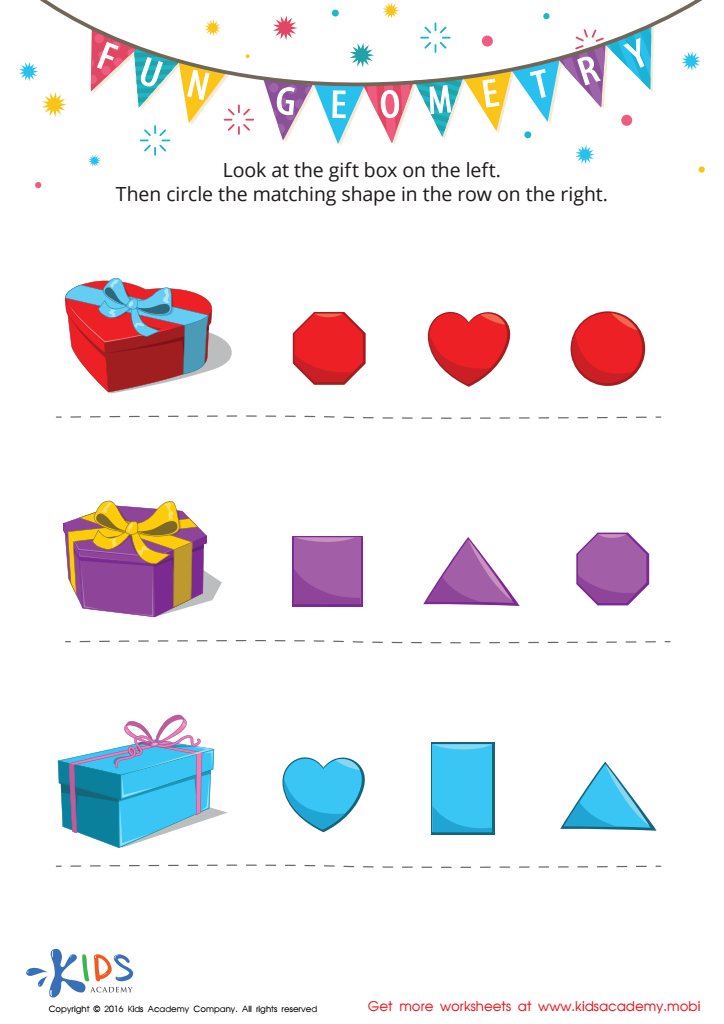

Fun Geometry Worksheet
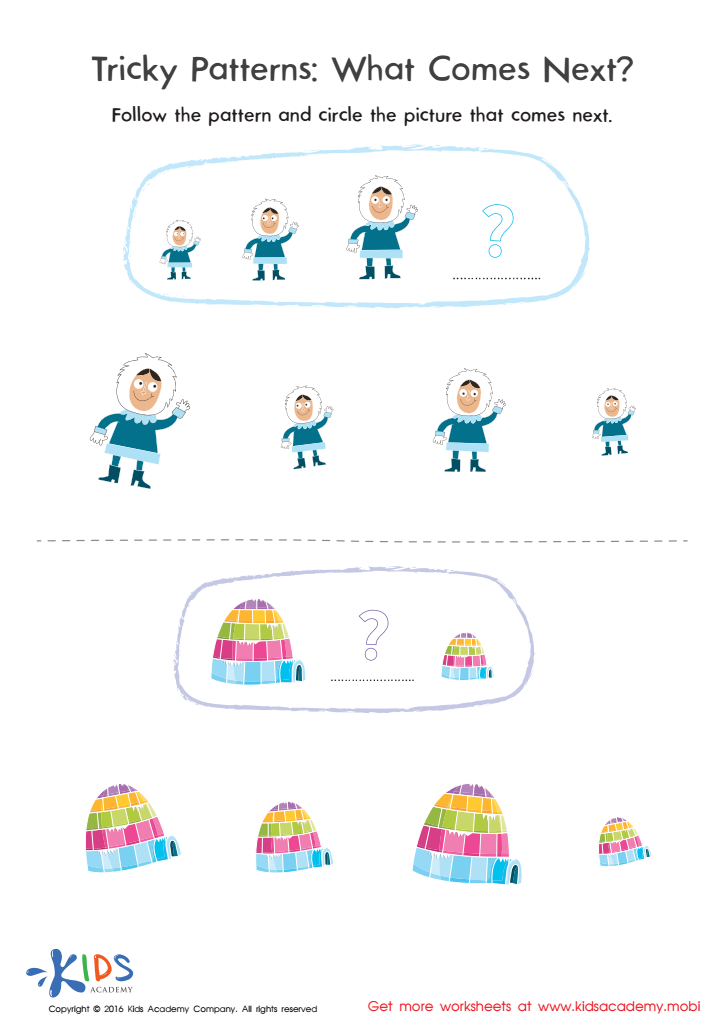

Tricky Patterns Size Worksheet


Fairy Tale Worksheet: Count and Classify with Rapunzel
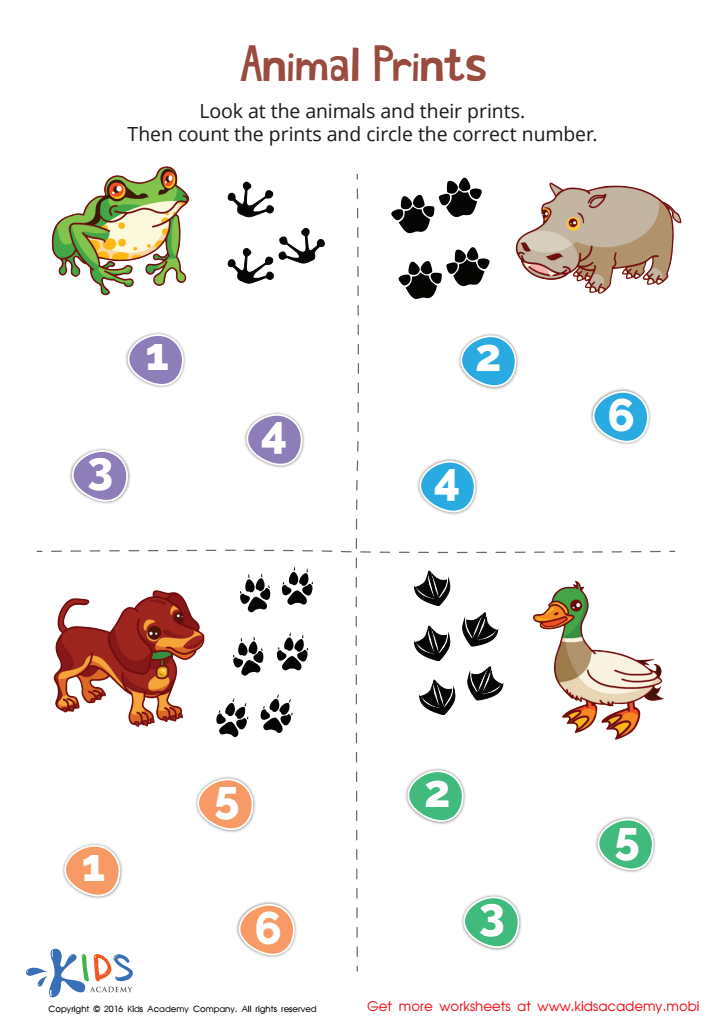

Animal Prints Match-Up Worksheet
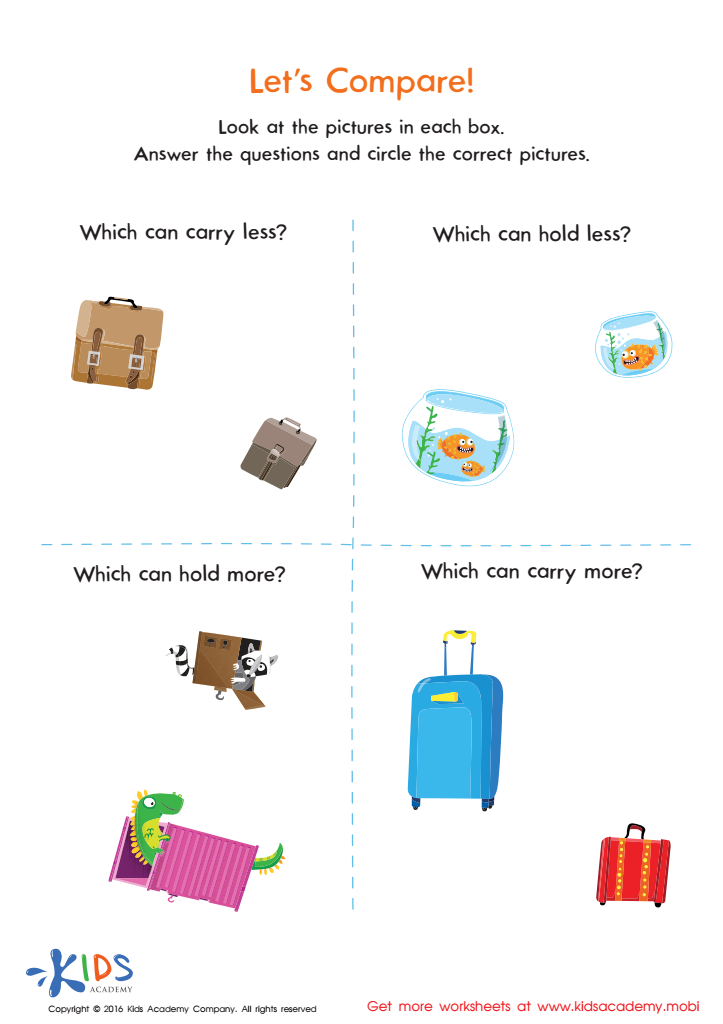

Let's Compare Worksheet: Big or Small
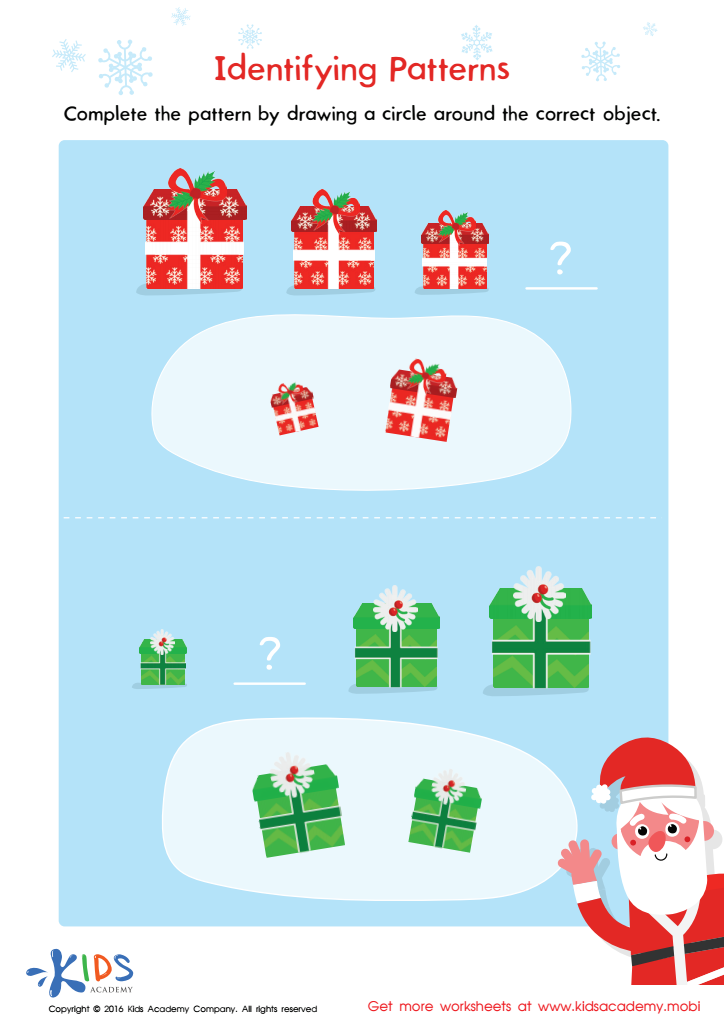

Identifying Patterns Worksheet
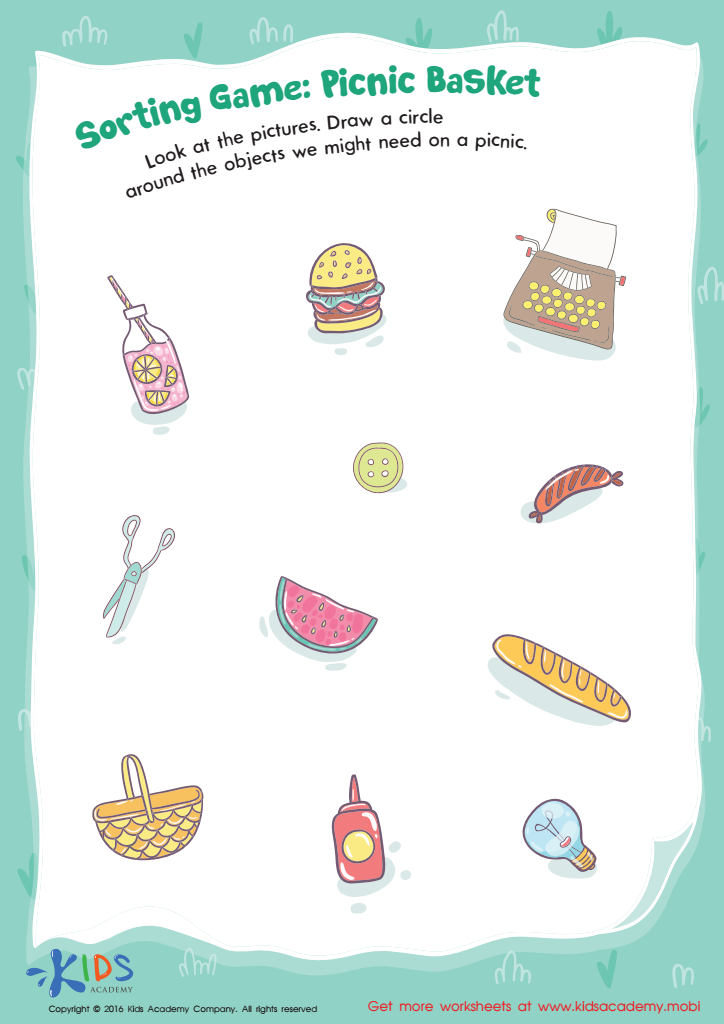

Picnic Basket Sorting Worksheet
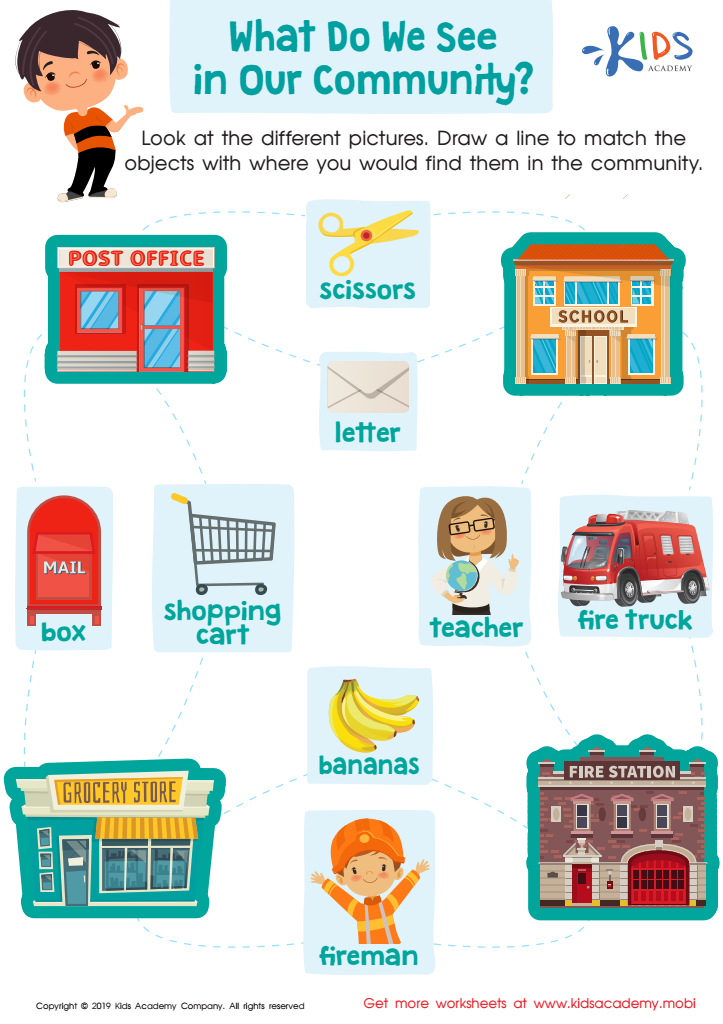

What Do We See in our Community? Worksheet
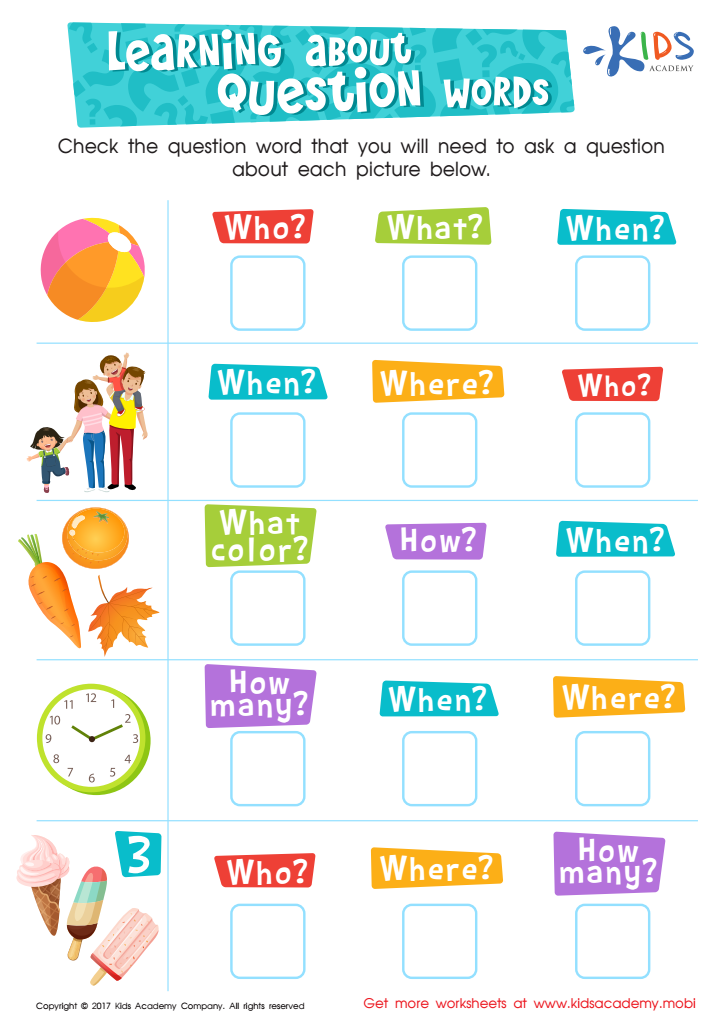

Learning about Question Words Worksheet
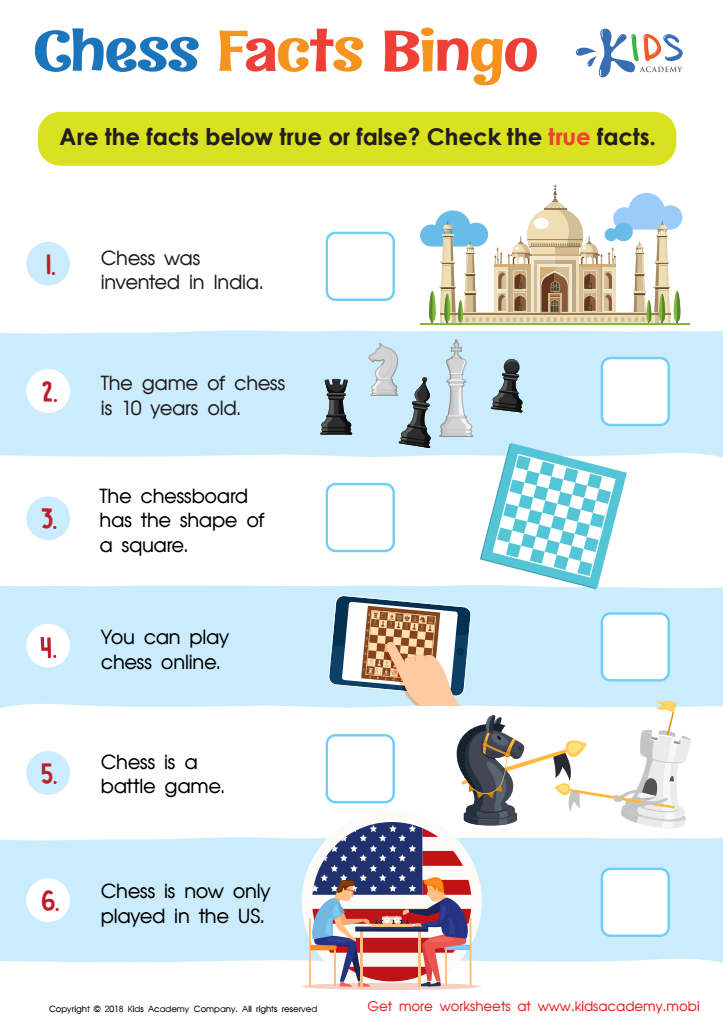

Chess Facts Bingo Worksheet
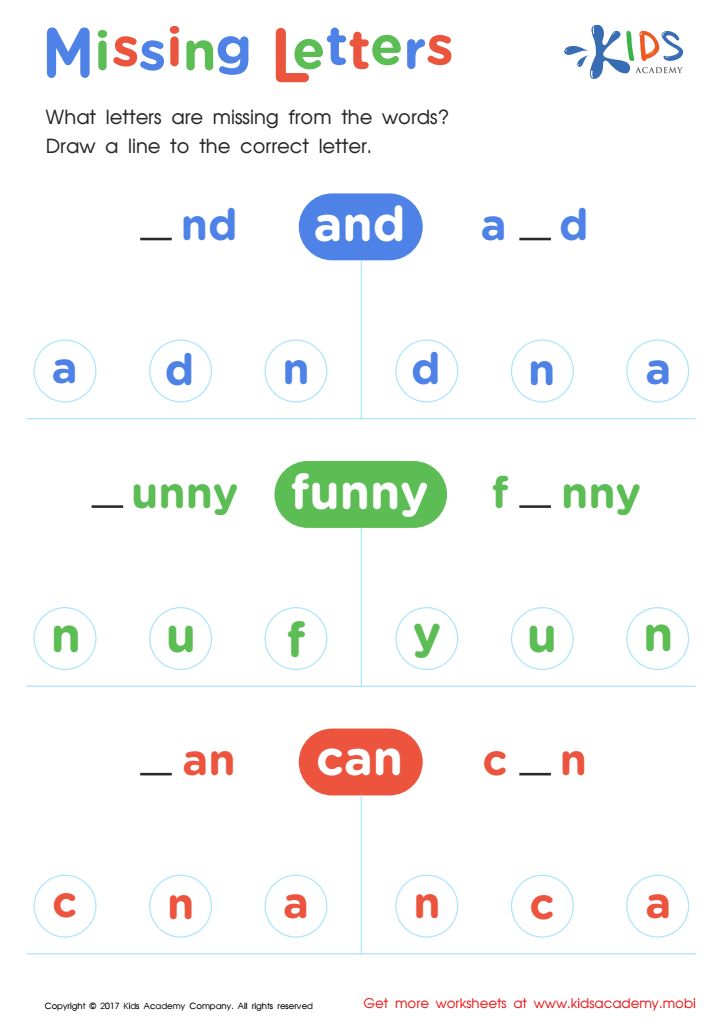

Missing Letters Worksheet
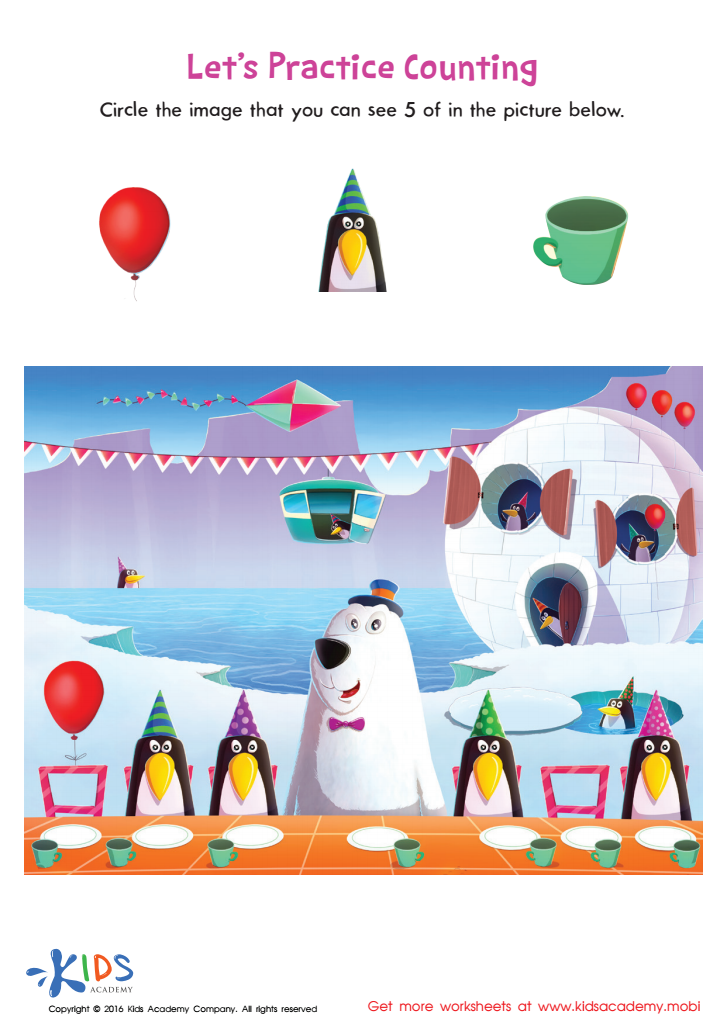

Counting Worksheet: Let's Practice Counting
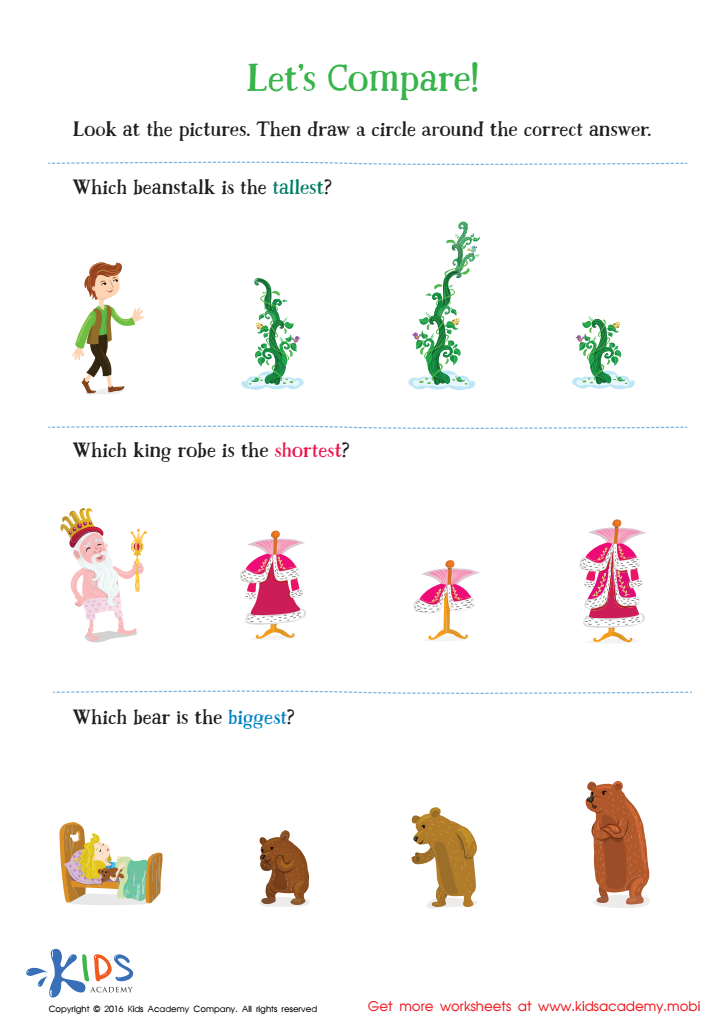

Fairy Tale Worksheet: Let's Compare
Extra Challenge Matching activities are essential for children ages 3 to 6 because they play a critical role in developing foundational cognitive skills. These activities, which involve matching objects, shapes, colors, or patterns, engage young learners in critical thinking and problem-solving, enhancing their ability to recognize relationships and make connections.
For parents and teachers, ensuring that children participate in such activities aids in boosting memory retention and recall, as young learners need to remember the attributes of various items to match them correctly. This improves their short-term and working memory, which are crucial for learning new information.
Furthermore, matching exercises help develop fine motor skills and hand-eye coordination. As children manipulate objects to find matches, they refine their control over hand movements, a fundamental skill for writing and other tasks.
Matching also introduces early math concepts, such as categorizing and organizing, laying a foundation for more complex mathematical reasoning. Activities often promote language development too, as they encourage children to describe what they see and why certain items go together, enriching their vocabulary and understanding of descriptive terms.
Finally, incorporating matching challenges fosters positive social interactions. Children learn to take turns, share materials, and work collaboratively, boosting their socialization skills. Engaging children in Extra Challenge Matching thus supports holistic developmental growth, making it a vital early education tool.

 Assign to My Students
Assign to My Students

